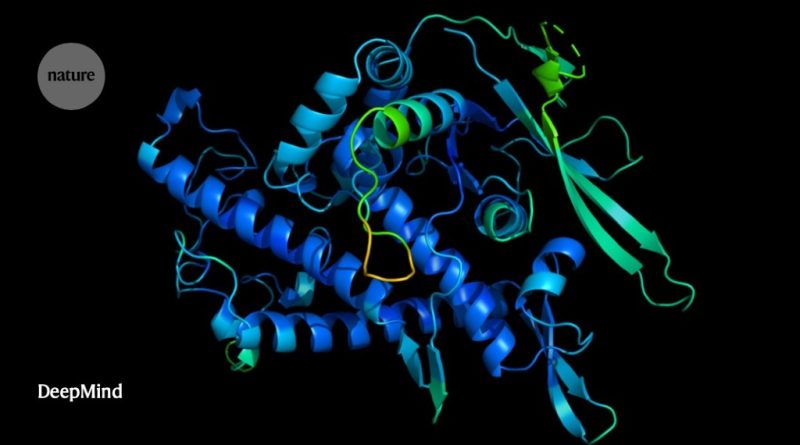A Computational Model for Predicting Molecular Interactions, Alphafold
A new study by researchers at the Massachusetts Institute of Technology (MIT) develops a computational model that predicts molecular interactions that need to be improved before they can help identify drug mechanisms. The MIT team discovered that existing model predictions, known as molecular docking simulations, performed little better. The researchers used molecular docking simulations with protein structures generated by an artificial intelligence program called AlphaFold to study the interactions of 296 essential proteins from Escherichia coli with 218 antibacterial compounds.
When the researchers used this modeling approach with experimentally determined protein structures rather than AlphaFold predicted structures, they found similar results. The science community is buzzing about AlphaFold. AlphaFold appears to perform similarly to experimentally determined structures. More than 500,000 researchers have used it to accelerate progress on important real-world problems ranging from plastic pollution to antibiotic resistance.
In drug discovery, AlphaFold
The MIT researchers investigated whether existing models could accurately predict bacterial protein-antibacterial compound interactions. By running the molecular docking simulations through four additional machine learning models trained on data that describes how proteins and other molecules interact with each other, the researchers were able to improve their performance. Based on their shapes and physical properties, molecular docking predicts how strongly two molecules will bind together.
In his new study, James Collins, Professor of Medical Engineering and Science at MIT’s Institute for Medical Engineering and Science (IMES) and Department of Biological Engineering, demonstrated that using machine-learning techniques to refine the results improves the performance of these types of models, known as molecular docking simulations. Their research addresses both the current capabilities and limitations of computational models for drug discovery.
This research is part of the Antibiotics-artificial Intelligence Project, which Collins’ lab recently launched with the goal of using AI to discover and design new antibiotics. The Audacious Project, the Flu Lab, the Sea Grape Foundation, and the Wyss Foundation are all supporting the antibiotics-artificial intelligence Project. Scientists may be able to harness the power of artificial intelligence-generated protein structures to discover not only new antibiotics, but also drugs to treat a wide range of diseases, including cancer, as technology advances.
AlphaFold is already having a direct and significant impact on human health. AlphaFold is a glimpse of the future and what computational and AI methods applied to biology might be capable of. These techniques will become increasingly important in drug discovery as modeling approaches improve and computing power expands. AlphaFold has already proven its worth in drug discovery, with biotechs incorporating its predictions into their own computational models to investigate how proteins interact with potential drugs.




